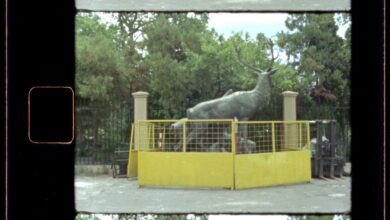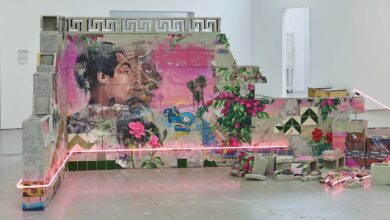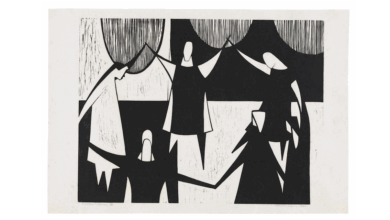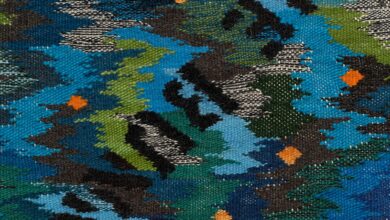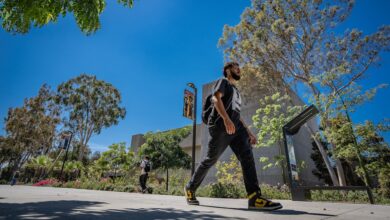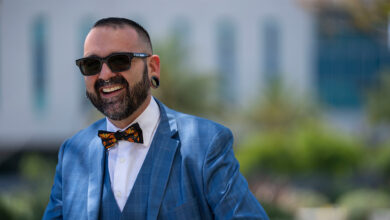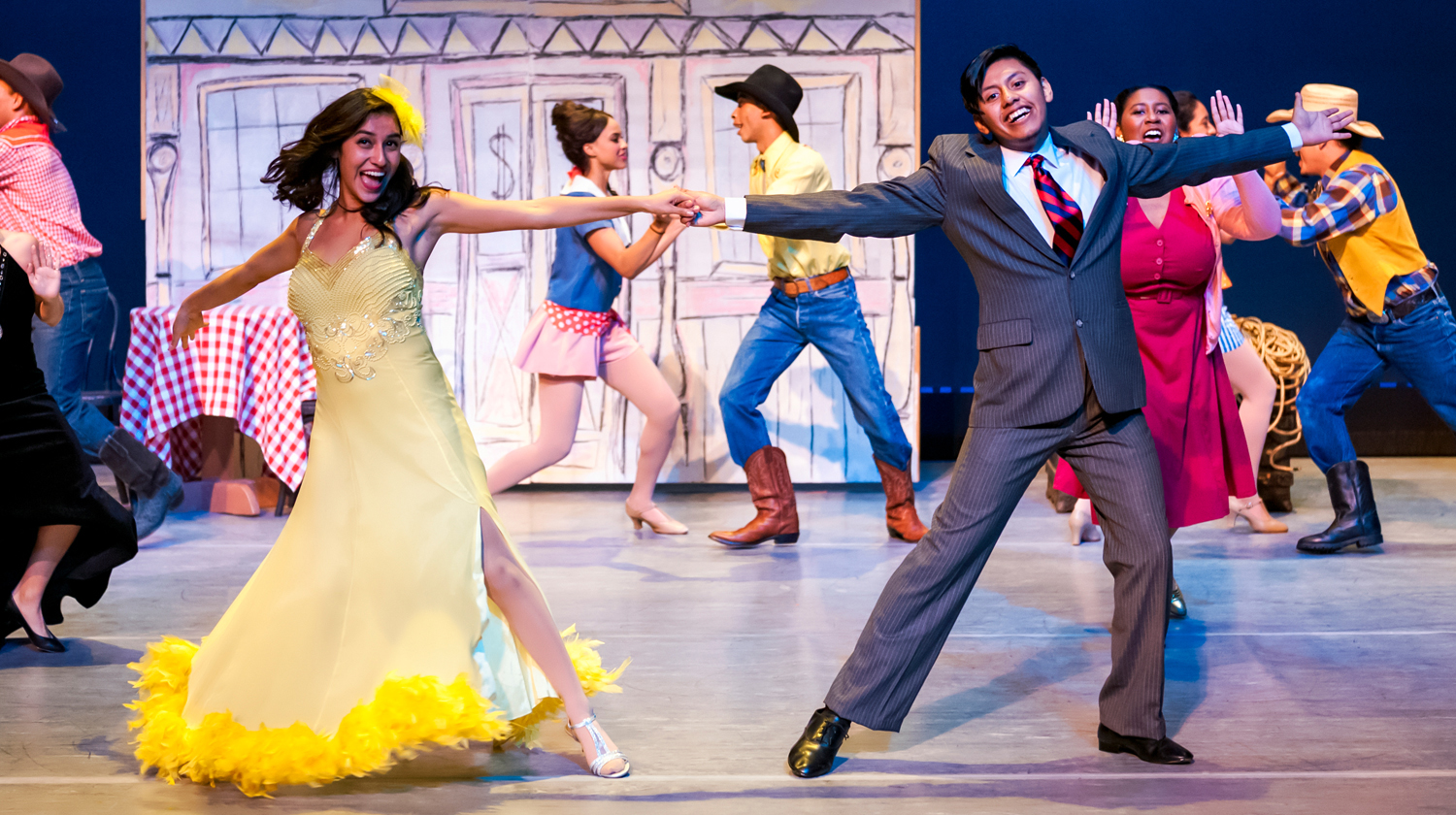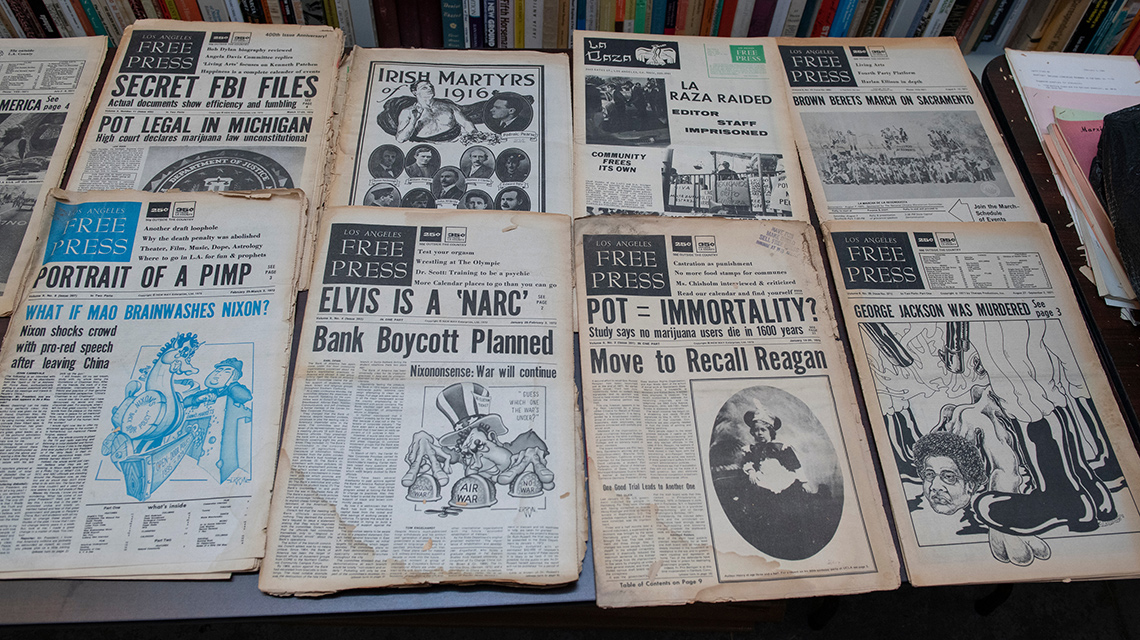
The CSUDH Gerth Archives and Special Collections just got a lot “freakier” with the acquisition of the archives of the L.A. Free Press, one of the first and most important underground newspapers of the late 1960s and early 1970s.
The collection had belonged to Art Kunkin, the publisher and editor of the Free Press from its inception in 1964 until 1972. When Kunkin passed away in 2019 at the age of 91, his daughter began looking for an archive to house the large collection. She chose the Gerth Archives due to their dedication to archiving alternative voices from the local community.
“The L.A. Free Press was really one of the first newspapers for the community during the 1960s,” says Greg Williams, director of the Gerth Archives. “It was the first publication to start presenting points of view that the L.A. Times wouldn’t touch with a ten-foot pole. They not only had their own political slant, but they also supported the Black community, the Chicano community, and the LGBTQ community in a variety of ways.”
For example, Williams says that the Free Press was one of the first publications to highlight issues of police brutality or promote Black Power ideology. “With the LGBTQ community,” he continues, “the Free Press was the first to give them somewhat of a voice in non- LGBTQ publications. What was even more important were the personal ads, which started in the straight community but were soon picked up on by the LGBTQ community. Their personal ads were one of the primary ways at the time to meet other LGBTQ people.”
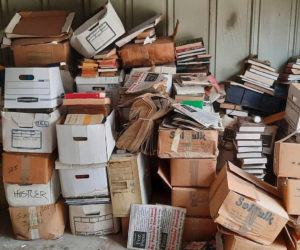
Despite the importance and uniqueness of the collection, it had started to degrade after many years of improper storage at Kunkin’s Joshua Tree home. “Archives are usually messes, but this was a special mess,” says Williams. “The archives were in boxes at the bottom of a tin shed, after spending time stored in a barn, on the porch of a trailer, and in a shipping container. Parts of the boxes and folders had been eaten by mice, so some stuff is missing, but what has been preserved is amazing.”
Williams and seven other archival librarians trekked out to the desert during the summer, spending several days recovering and repackaging the collection. “Getting this collection was more like an archeological dig, because the stuff was so buried,” says Williams. The archivists packed 350 boxes with materials, then moved the collection to its permanent home in the Gerth Archives.
Kunkin wasn’t storing the material for archival purposes, so the boxes represent a semi-random collection of Free Press issues, as well as lots of other things that Kunkin kept–everything from flyers for concerts to receipts for tires. Williams says it will take years to sort through and catalog the materials, but he’s already made some exciting discoveries.
“I just opened a random box in the container and there was a book by (1960s LSD guru) Timothy Leary with his autograph,” says Williams. “Then, inside that book was a letter from Leary in prison that must have been written shortly before the Weather Underground helped him break out. I wasn’t expecting this collection to reflect that ’60s vibe so much immediately.”
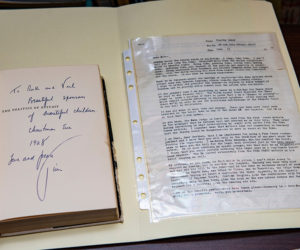
Williams expects that it will take his team several years to go through the collection and catalog it, but they’re ready for the challenge. “It’s a daunting task, but the treasures are there, and we’re very excited about coming up with strategies on how to catalog them.”
Receiving the Free Press collection is another feather in the cap for the Gerth Archives, and one more step in what Williams hopes will establish CSUDH and the archives as a center for research on alternative politics, alternative social movements, and diverse populations and their history.
“That’s why the archives exist these days,” he says, “to get and generate more history from voices that have not been heard. We’re very excited and grateful to have this one-of-a-kind collection, which puts you right at ground zero of the 1960s counterculture.”

